Mozambique: Pollution forces fishermen to stop fishing in Manica - AIM report
Mozambique: Nyusi launches agricultural campaign
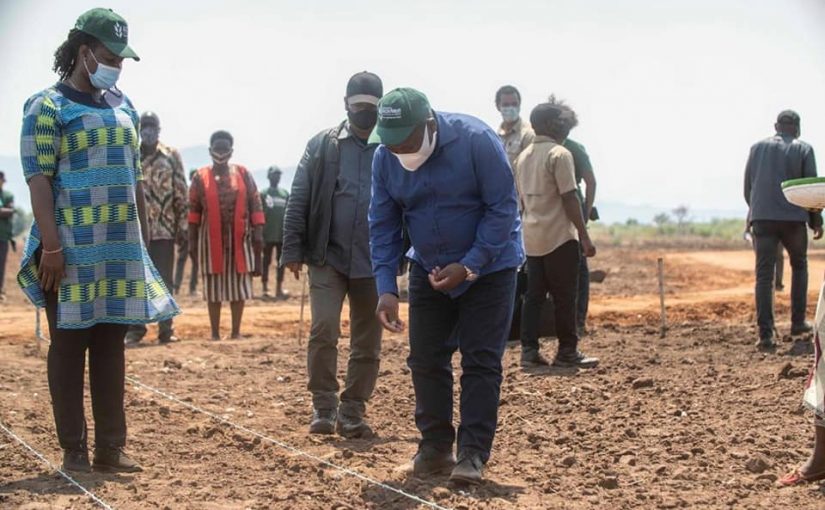
All photos: Ministério da Agricultura e Desenvolvimento Rural
Mozambican President Filipe Nyusi on Friday launched the 2020-2021 agricultural campaign in Titimane, in Cuamba district, in the northern province of Niassa.
Acording to the independent television station STV, he said the 2019-2020 campaign had been atypical because Mozambique had been hit by the Covid-19 pandemic, just as it was trying to rebuild what had been destroyed by tropical cyclones Idai and Kenneth which hit the country in March and April 2019.
“The two cyclones, in addition to causing the deaths of over 600 Mozambicans, destroyed 900,000 hectares of various crops and killed or scattered over 10,000 head of cattle”, he said.
On top of these problems came the islamist terrorist attacks in the northern province of Cabo Delgado, and the ambushes mounted on main roads in the central provinces of Manica and Sofala by the self-styled “Renamo Military Junta”.
Yet despite the military and natural threats, the 2019-2020 campaign closed with economic growth of three per cent, “and the producers have kept alight the flame of hope”, said Nyusi.
For the current campaign, he promised, the government will hire a further 2,000 rural extensionists, to help peasant farmers boost their production. The government, he added, has already begun to sign contracts with these extensionists.
Nyusi pledged that the government will prioritise public investment in areas such as the transfer of technology, research and financial solutions for the country’s infrastructures.
Research, he added, will be “oriented towards the development of technological packages adequate to the reality of each agro-ecological region of our country”.
In structuring financial solutions to the development of the agricultural sector, under the government’s flagship agricultural programme “Sustenta”, about 200,000 households and 3,750 semi-commercial producers have registered, Nyusi announced.
The government, he continued, is also focused on building infrastructures in the production areas. This would include increasing by about 7,000 hectares the area under irrigation in the Chokwe and Lower Limpopo irrigation schemes in the southern province of Gaza.
Nyusi was confident of an increase in production in the coming year of all the country’s main crops, with the exception of tobacco, which is reeling under the impact of a global reduction in consumption.



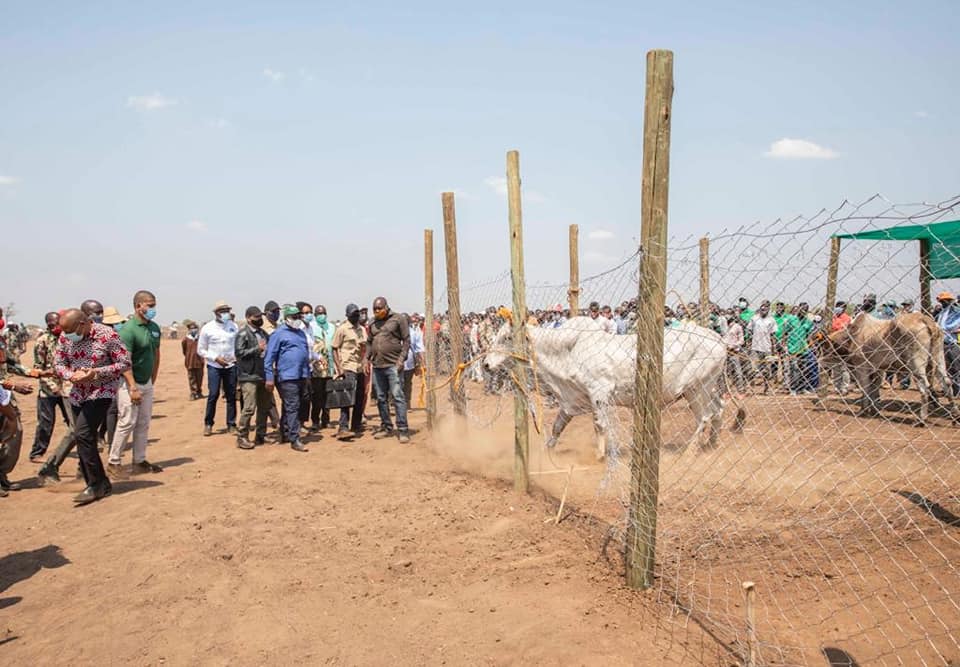
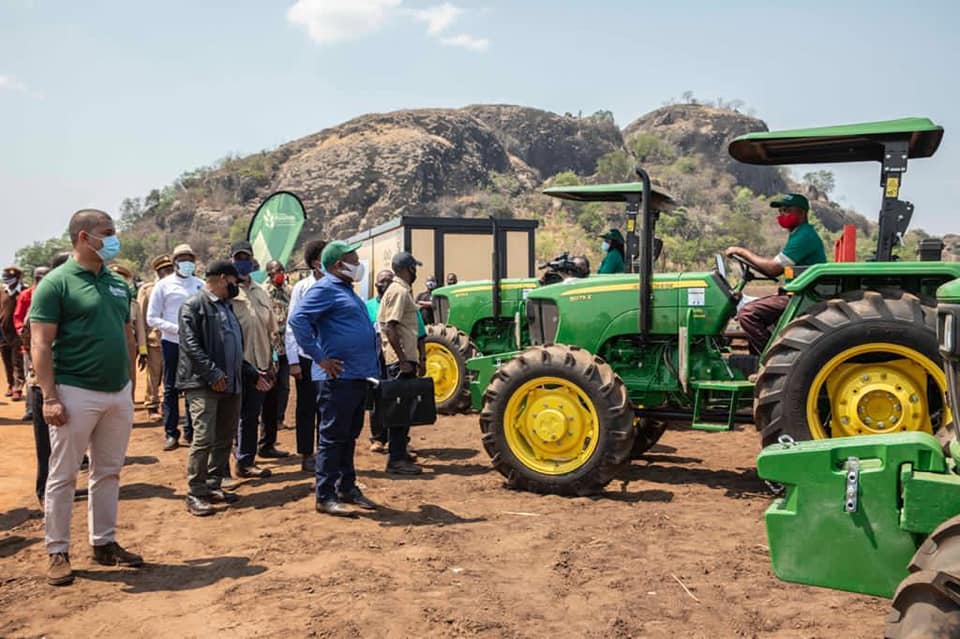
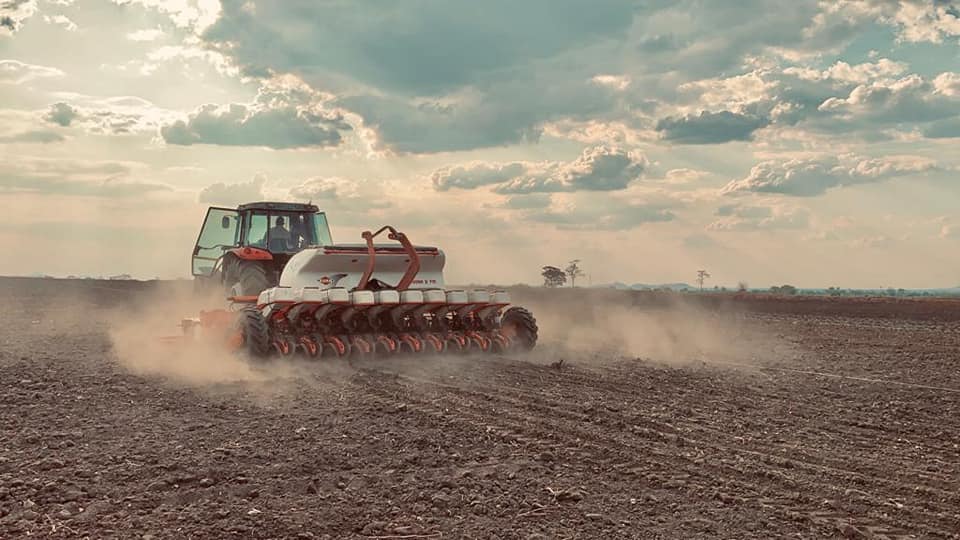
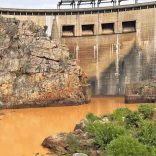

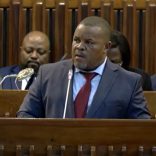







Leave a Reply
Be the First to Comment!
You must be logged in to post a comment.
You must be logged in to post a comment.